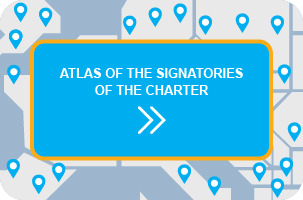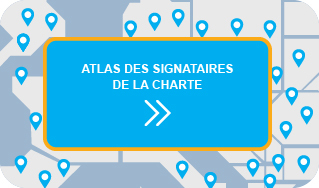EIGE fact sheets on gender-sensitive infrastructure (2020)
EIGE asked people across the EU about the importance of existing infrastructure services for everyday activities, and the level of well-being that public infrastructure provides. The study aimed to close the research gap and offer a tool for scholars and policymakers to better understand people’s needs and plan a more efficient and balanced allocation of public resources.
The results are available in three fact sheets:
• Gender equality and care infrastructure
• Gender equality and health service infrastructure
• Gender equality and urban mobility
Some key points include:
Care
- Both women and men assign the least importance to care infrastructure, suggesting that people still see care as something that belongs to the private domain.
- Women see childcare services as more important for them than men. Countries where it’s easier to access childcare have more women in paid work.
- EU countries have to care for almost 10 million more people than in 2010. But men make up only 21 % of graduates in health and welfare.
Health
- Economic crisis can result in a reduction of public services, including health, which makes families more dependent on the traditional model of women providing unpaid care.
- Better healthcare for EU citizens cannot be achieved just by creating more services, but requires identifying the needs of different groups of women and men, then building the infrastructure they need.
Urban mobility
- Public space infrastructure is more important for women’s mobility than men’s. Poorly-lit areas can make women reluctant to move around at night and narrow pavements can be a challenge for prams.
The methodological report and the data are also available:
Benefits of gender equality through infrastructure provision: an EU-wide survey
EIGE’s Gender statistics database: Gender equality and public infrastructure















